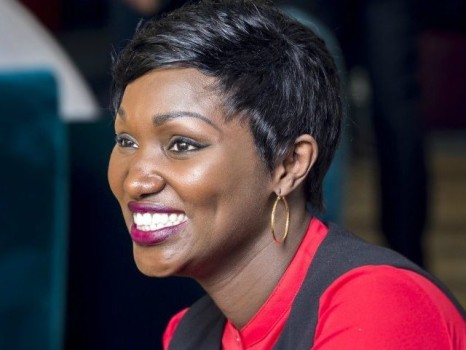Senegal’s sole female presidential candidate, Anta Babacar Ngom, may face slim odds in Sunday’s election, but her candidacy is seen as a significant step forward in the country’s long-standing quest for gender equality. A 40-year-old business executive, Ngom represents the voices of women and youth, who have been disproportionately affected by economic challenges, widespread unemployment, and rising prices in Senegal.
Ngom has pledged to create millions of jobs and establish a women’s bank to promote economic independence. Despite the daunting odds, she remains resolute, stating, “Our country has enormous potential. The natural resources are there, and they can be developed.” She is determined to address the suffering of young girls and women, believing that her presidency would bring positive change to their lives.
While Ngom is not expected to be a frontrunner in the election, activists see her candidacy as a significant milestone in the fight for gender equality. Selly Ba, an activist and sociologist, emphasized the importance of women’s presence in the political arena, stating, “We have to be there, even if we don’t stand a chance. It’s important that we have women candidates, women who are in the race.”
Ngom’s candidacy comes after a decade-long absence of female presidential candidates in Senegal, highlighting the slow progress in achieving gender equality. Despite advancements in women’s rights, there has been a noticeable resurgence of traditional views on women’s roles in society, particularly among the youth.
The debate over evolving norms is evident on social media platforms, where discussions on taboo topics like polygamy and premarital sex are taking place. Activists warn of a regression in women’s rights, citing the need to counter erroneous interpretations of Islam that hinder progress towards equality.
Senegalese women have made significant strides in politics, with over 40% representation in parliament, one of the highest levels in Africa. However, there is still work to be done to fully leverage the gender parity law and increase women’s participation in politics.
As Senegal prepares for the election, Ngom’s supporters remain hopeful for change. Aicha Ba, an activist, expressed her support, saying, “Our children are dying at sea because of unemployment and job insecurity. Women are tired.” Ngom’s candidacy represents a beacon of hope for a brighter future, despite the challenges ahead




